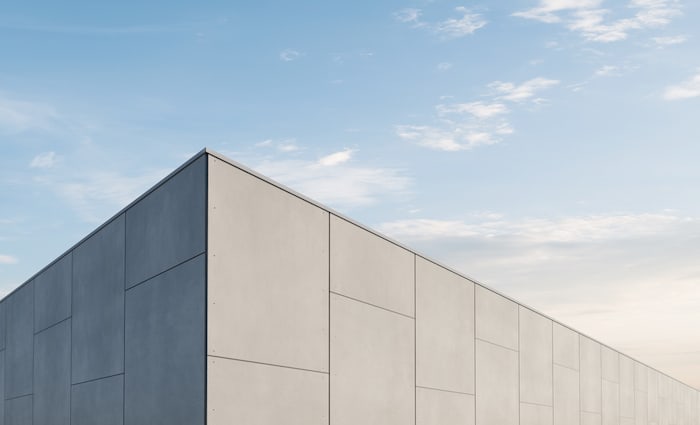New ‘concrete look’ cladding product launched by James Hardie
The release of a new fibre cement product, designed and manufactured in Australia, has been announced by building product manufacturer James Hardie.
According to the company, the product (known as ExoTec Vero) has been created with the intention of addressing the cladding issues that have plagued the Australian property industry in recent years.
While the issue of combustible cladding may be top of mind for apartment owners and high-rise developers, water penetration issues are also widespread and very concerning, according to a new report that addresses building defects.
The report’s authors, Deakin University's Nicole Johnston and Griffith University's Sacha Reid, suggest that nearly every building in NSW, and about three-quarters of all buildings in Victoria and Queensland, had defects that could lead to further costs for owners in future.
Dr Johnston was quoted as saying that whilst she didn’t want to downplay the combustible cladding issue, she thought that the issue of water penetration in buildings was a far bigger and more widespread problem that is verging on a crisis in Australia.
“The beauty of ExoTec Vero and its in-built CoreShield™ penetrating sealer technology is that it addresses both durability and water tightness issues – with the added bonus of a highly desirable aesthetic,” according to James Hardie Product Manager, Timothy Elliot.
“What’s more, ExoTec Vero allows building specifiers to have peace of mind in recommending a safe and locally-manufactured product.”
